Landscape Architecture (MFA)
Landscape Architecture (MFA)
The Landscape Architecture MFA program provides advanced study for students pursuing a career in Landscape Architecture. Coursework emphasizes theories of open urban spaces, collaborative and interdisciplinary methods of design and implementation, sustainability, and advanced digital rendering techniques.
AA BFA MAMaster of Fine Arts (MFA) Degree
This program is only available online
Major Classes
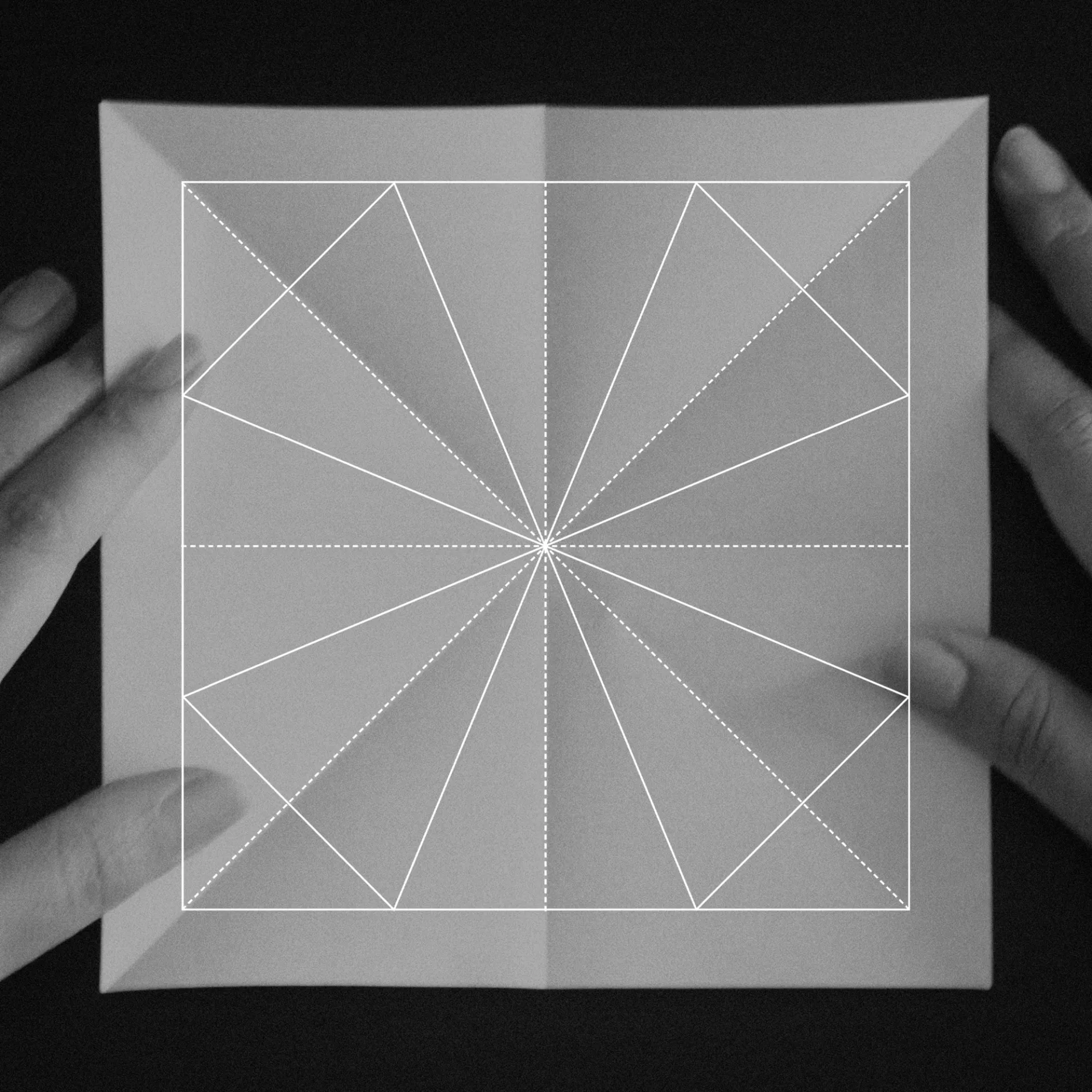
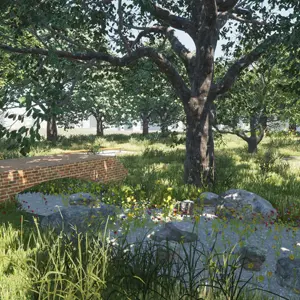
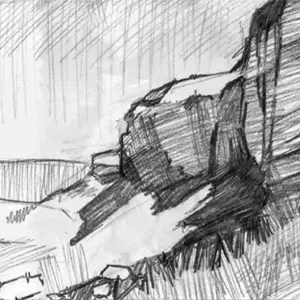


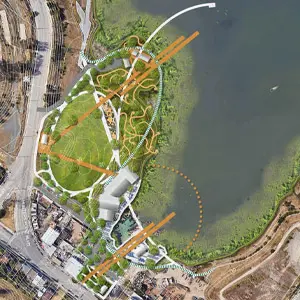



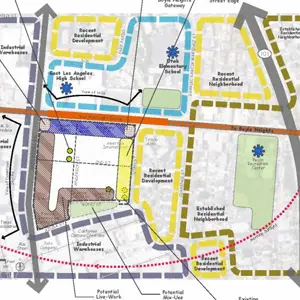








Unit Requirements
| Major Coursework | Units |
|---|---|
| Major Coursework | 57 |
| Directed Study | 6 |
| Total | 63 |
Degree Requirements
MFA LANDSCAPE ARCHITECTURE DEGREE REQUIREMENTS
- Successful completion of Final Thesis Project.
- Minimum grade of C in all required 63 units.
- Minimum 2.0 cumulative GPA.
Additional Information

Program Learning Outcomes
Graduate students will meet the following student performance criteria:
MFA Thesis Project
- Present an original thesis concept worthy of the MFA degree
- Demonstrate the feasibility and relevance of the thesis project
- Produce a comprehensive project that contributes to the design community, demonstrating advanced landscape architecture planning and design skills
Design Proposals
- Demonstrate command of the key principles, systems, and elements of design that inform two- and three- dimensional planning and design as well as composition
- Make effective and appropriate planning and design choices at a variety of scales
- Produce defensible planning and design proposals
Research and Design Process
- Produce comprehensive site inventory research and analysis
- Integrate findings from the site inventory and analysis to develop appropriate planning and design proposals
- Display a working knowledge of the historical influences and theoretical principles of landscape planning and design
- Incorporate appropriate public policy, law, codes and standards in the planning and design process
- Natural Systems: Identify the indigenous natural systems, components and processes found on a given site and incorporate findings into planning and design proposals
- Human & Social Factors: Demonstrate understanding of the diverse needs, values and customs of the communities and individuals active at the site by incorporating findings into planning and design proposals
Design Development
- Evaluate and select materials that will enhance the qualities of a given site as well as provide for the programmatic requirements
- Demonstrate an understanding of site development and site engineering as appropriate to the site design (grading, drainage, planting design and hardscape development)
- Apply principles and strategies of sustainability to planning and design decisions
Communication Skills
- Consolidate research and present ideas in concise and convincing verbal, written and graphic presentations
- Utilize appropriate media, including computer graphics and freehand drawing to communicate thinking process and planning and design proposals
Professional Readiness
- Produce a professional portfolio demonstrating technical and problem-solving skills that reflect professional expectations
- Demonstrate an understanding of the impact of landscape architecture on the stewardship of the environment
- Demonstrate an understanding of the ethical issues involved in landscape architectural planning, design and practice
Academy of Art University Learning Outcomes
Graduates of the Academy of Art University will demonstrate the ability to:
- Produce a body of work suitable for seeking professional opportunities in their chosen field of art and design.
- Solve creative problems within their field of art and design, including research and synthesis of technical, aesthetic, and conceptual knowledge.
- Communicate their ideas professionally and connect with their intended audience using visual, oral, and written presentation skillsrelevant to their field.
- Execute technical, aesthetic, and conceptual decisions based on an understanding of art and design principles.
- Use professional terminology to evaluate their work and work in the field.
- Recognize the influence of major cultural and aesthetic trends, both historical and contemporary, on art and design products.
- Learn the professional skills and behaviors necessary to compete in the global marketplace for art and design
- Engage with a variety of communities beyond the classroom through internship opportunities, study abroad programs, student interest clubs, and participation in collaborative, civic, and pro bono projects.
*Semester plans are subject to change at any time. Semester breakdowns displayed are suggested and additional options are available to help customize your educational experience. Speak to an admissions or student services representative for more information. Please see our catalog for more details at: https://catalog.academyart.edu